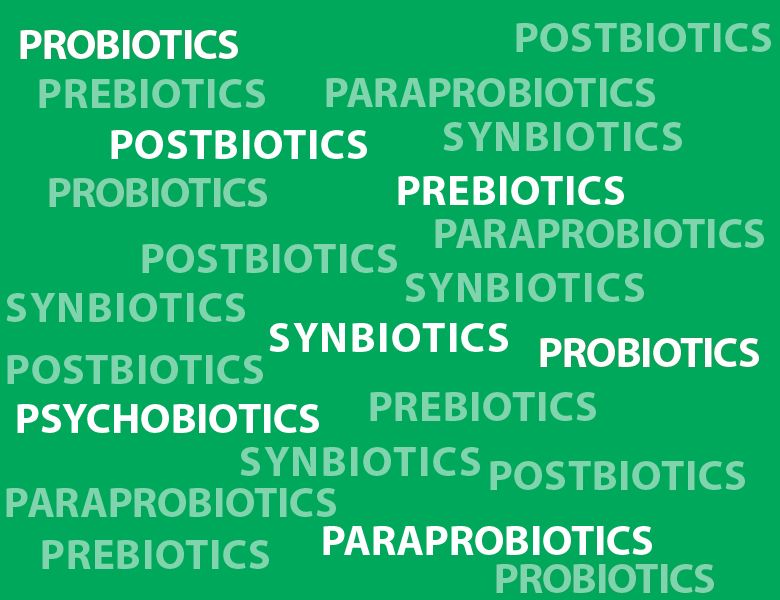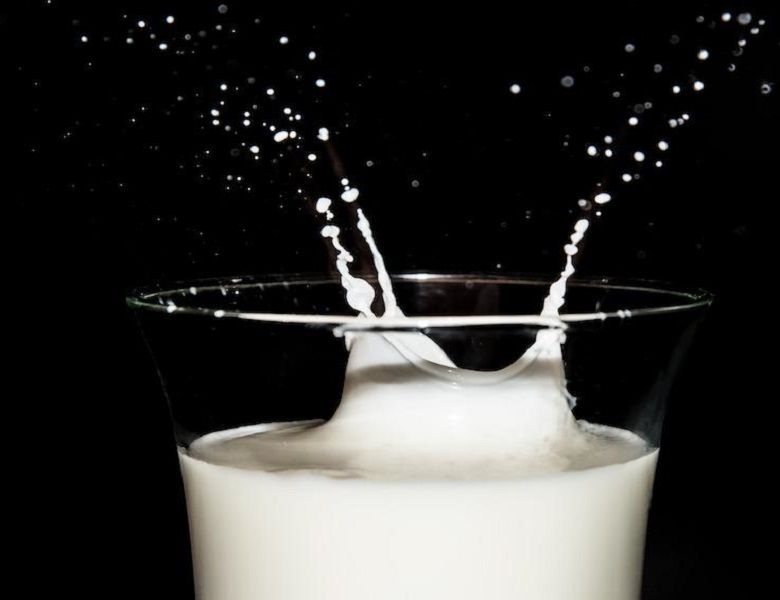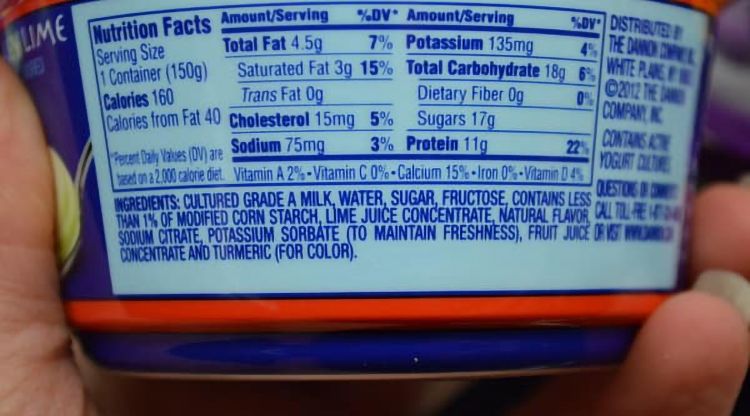Probiotics, prebiotics, synbiotics, postbiotics, paraprobiotics, and psychobiotics: definitions and related terms

- | آتاماد |
- Viewer: 269
The concept of probiotics suggests that the viability of bacterial cells is a must to ensure beneficial effects on host health. However, this paradigm was broken when it became clear that some mechanisms and clinical benefits were not directly related to living microorganisms. Therefore, new terms such as prebiotic, synbiotic, and postbiotic have emerged one after the other to indicate that non-living bacterial cells, microbial parts, or cellular debris can also provide health benefits. It is worth noting the importance of limiting the use of these scientific terms to the academic community, avoiding unnecessary confusion by the public.
• Probiotics:
Probiotics are living microorganisms that provide benefits to humans when consumed in sufficient amounts (more than 106 cfu/mL). Many studies have shown that the consumption of probiotic microorganisms may support physical and mental health through the gut-brain axis.
• Prebiotics:
Prebiotics are complex carbohydrates or fibers that the human body cannot digest and absorb. Actually, prebiotics are "probiotic food" that is consumed by intestinal microorganisms, enabling the body to reap its benefits. These benefits include balancing the intestinal flora, improving the immune system, and regulating blood sugar.
• Synbiotics:
Synbiotics are mixtures of probiotics and prebiotics. Specifically, they're combinations of these two things that work synergistically in your digestive tract.
When synbiotics were first defined, they referred to a combination of probiotics and prebiotics. Synbiotics play the dual role of probiotics and prebiotics with better effect.
• Postbiotics:
Recently, scientists found that not only live microorganisms but also some inactive species, their components, and metabolites can be beneficial to humans. In 2021, ISAPP defined postbiotics as a combination of non-living microorganisms or their components that are beneficial to the health of the host.
Postbiotics are non-viable bacterial products or metabolic byproducts produced by probiotic microorganisms that have biological activity in the host. The term refers to probiotic cellular fragments (PCFs) and low molecular weight soluble compounds either secreted by live microflora or released after microbial cell lysis, components like short-chain fatty acids (SCFAs), microbial cell fragments, extracellular polysaccharides, cell lysates, teichoic acid, vitamins B and K, etc.
They have been linked to a number of health benefits for the gut, the immune system, and various other aspects of health. However, the acceptance of postbiotics in the food industry and their commercialization requires more research, because there is still no appropriate regulatory and standard in this regard.
• Paraprobiotics
Paraprobiotics, also known as non-viable probiotics, inactivated probiotics, or ghost probiotics, are non-viable microbial cells, either intact or broken, or raw cell extracts, which, when administered in adequate amounts, confer a benefit on the consumer. Recently, the concept of paraprobiotics has been proposed to be included in the postbiotics definition.
• Psychobiotic
Experiments have shown that probiotics supplementation may positively affect brain growth, function and behavior through the gut-brain axis and act as carriers of neurochemicals. Psychobiotics provide mental health benefits by interacting with the gut microbiota. Also, the term "parapsychoprobiotic" was coined for paraprobiotics that may help promote mental health. Therefore, both terms, psychobiotic and parapsychobiotic are subcategories of probiotics and paraprobiotics due to their antianxiety and antidepressant effects.
The possibility of adding paraprobiotics and postbiotics in dairy products
The use of paraprobiotics can result in more stable functional dairy products; but no commercial use in dairy products has been reported. Out of metabolic by-products of postbiotics, peptides and exopolysaccharides are currently used in dairy products as functional ingredients.
Exopolysaccharides from probiotic LAB positively influence syneresis, viscosity, firmness, and sensory characteristics of yogurt and other dairy products, apart from their role in gut microbiota dysbiosis.
There are a number of commercially available postbiotics from LAB that play important roles in immunomodulation, gut dysbiosis, and intestinal disorders. A recent study reported the use of probiotic fermentates from L. rhamnosus and Propionibacterium jensenii as antifungal agents in semihard cheese and sour cream. Similarly, the use of probiotic-based exopolysaccharides for better rheological and sensory properties has also been reported in yogurt and other dairy products. The survival and stability of probiotics in dairy products are affected by many processing conditions, whereas paraprobiotics and postbiotics are stable and may offer many technological benefits to dairy products as compared to probiotics. Thus, paraprobiotics and postbiotics can be incorporated into dairy products to produce new types of functional dairy products. Interestingly, postbiotics, such as probiotics, may contribute toward the improvement of host health through several physiological functions.
Nonviable probiotics have several advantages over probiotics as they are more stable and easier to standardize and incorporate into food products, including but not limited to dairy products, and have well-defined chemical structures. Postbiotics reinstate host gut microbiota; however, the addition of probiotics may interfere with many unwanted endogenous microbes.
Bottom line
Until recently, it was believed that the health benefits of probiotics were only related to their viability, but this paradigm is now becoming obsolete as it has been shown that some of the clinical benefits of probiotics are not necessarily related to their viability. In this regard, in addition to probiotics, prebiotics, postbiotics, and parabiotics also have health benefits for the consumer if consumed in sufficient amounts. In addition, the application of paraprobiotics and postbiotics in foods as beneficial components provides several advantages during the transportation and commercialization of dairy products, including the possibility of adding to certain foods considered stressful for the survival of probiotics, thus helping to expand the market for beneficial foods.
GET IN TOUCH
Copyright © 2023 Atamad.com All right reserved
Website design and SEO services by Seohama team – Web hosting by Sarverhama
Copyright © 2023 Atamad.com All right reserved
Website design and SEO services by Seohama team – Web hosting by Sarverhama








